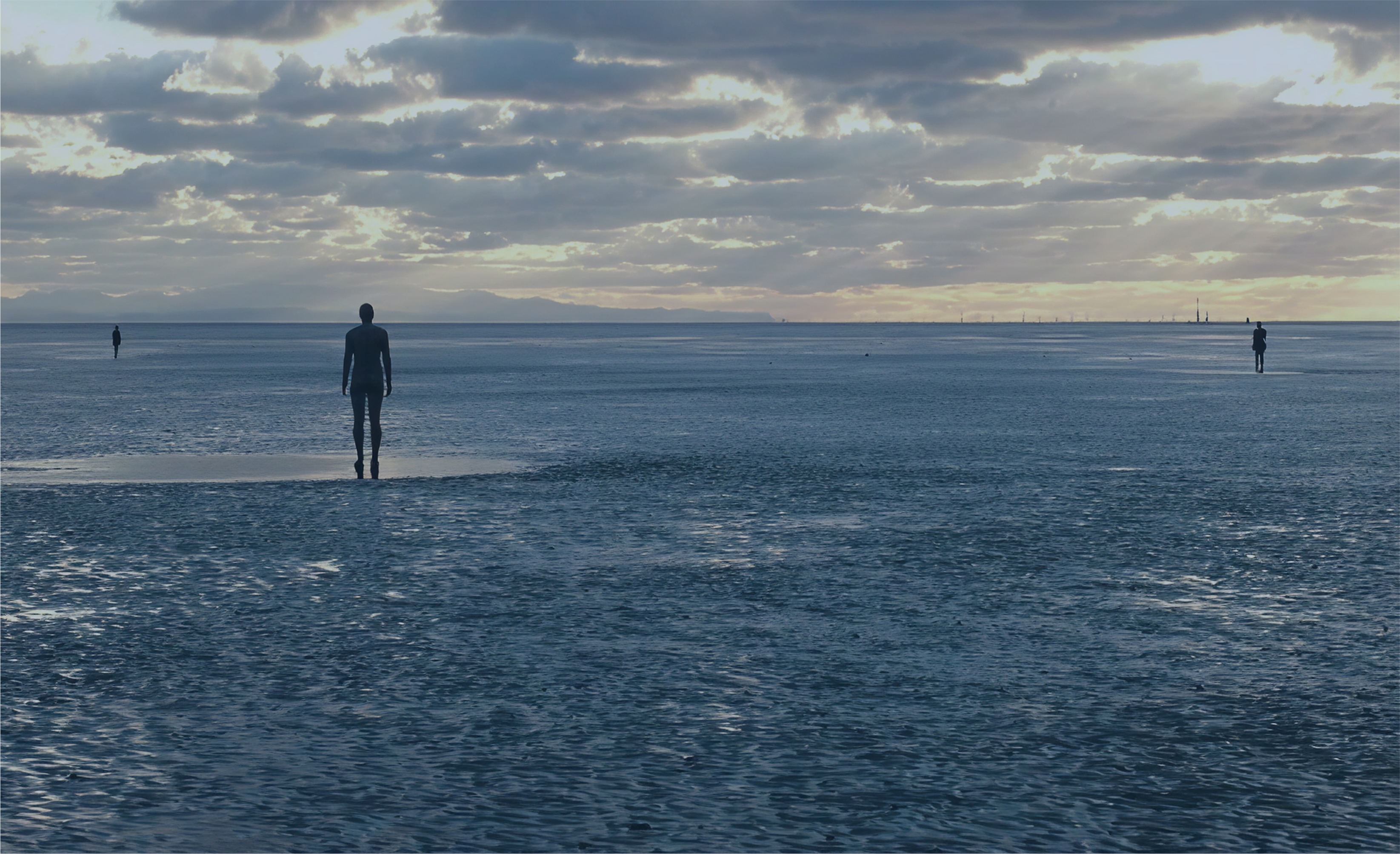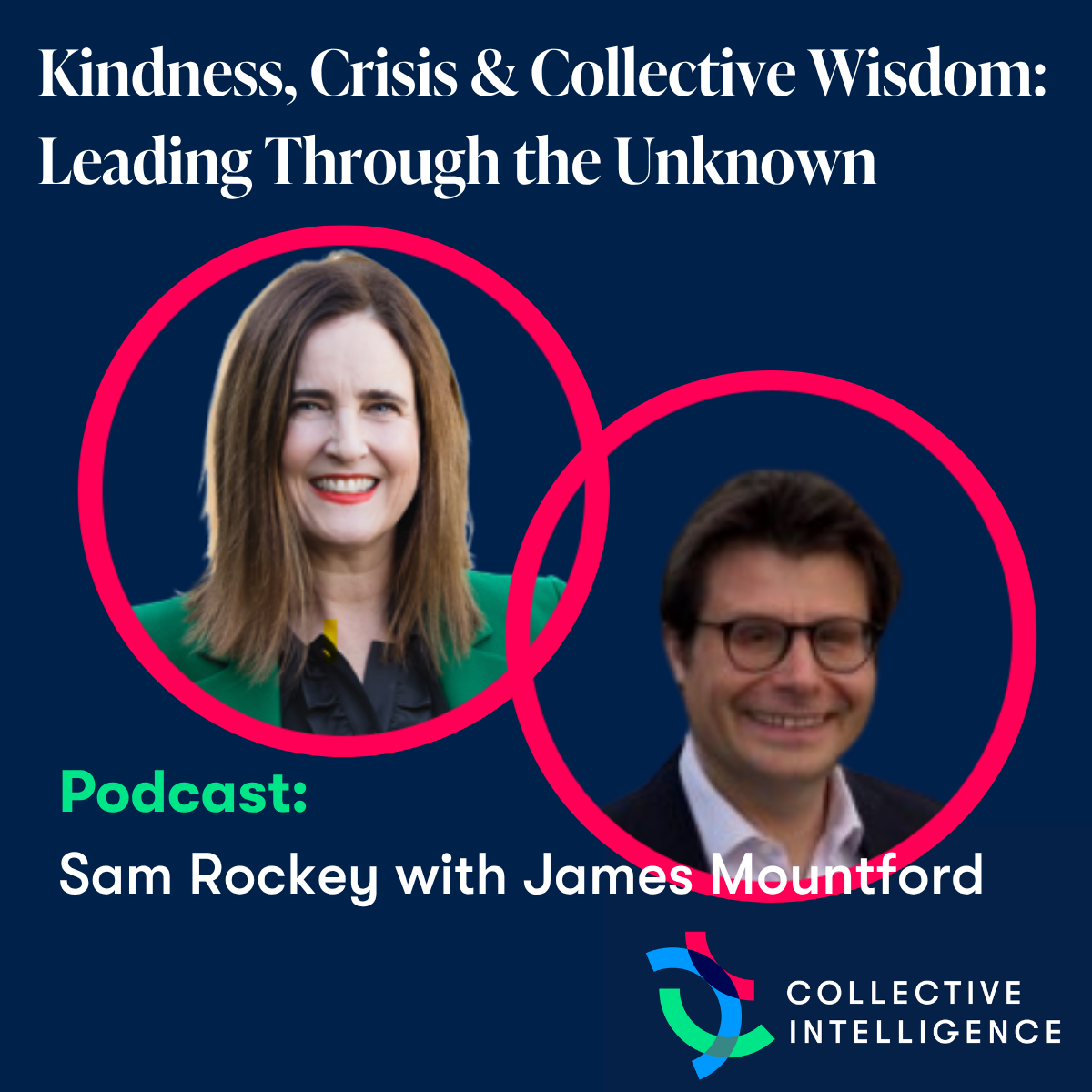As we start to emerge from the lockdown and life returns to an off centre version of normal, this might be the moment to reengage with vitality as a leadership practice. There is a danger that if vitality is not built into a daily practice this habit - built up by many during the lockdown - will be lost. ‘In research conducted by Run Repeat, which looked at close to 13,000 people from 139 countries, found that exercise rates have skyrocketed during the worldwide health crisis. Since the start of the COVID-19 pandemic, average athletes have seen their workout frequency grow the most by 88 per cent. People who only exercised once a week before COVID-19 have seen 156 per cent growth as they now, on average, get out 2.56 times per week. Moderate athletes saw a significant increase as well, jumping up 38 per cent more than usual.’
https://runrepeat.com/exercise-covid-19-study
When we work with leaders on Vitality we focus on the practice of being both energised and engaged: feeling alive but also focusing on what it takes to thrive. We have worked closely with Dr. Gavin Weeks - a clinical psychologist and sportsperson, on designing five habits for vitality. These habits focus on movement and attention.
Move every day, on purpose
Humans need to move and, by the best estimates, most of us don’t move enough. A habit of daily movement is crucial, not just for long-term physical wellbeing but also mental health and cognitive agility. Doing something every day, amidst the busy-ness of working and family lives lays a foundation to build on. Chris Hauth, endurance athlete and coach distinguishes between exercise (moving the body without a particular plan) and training (a focused regime). Gavin believes that all of us need a bit of both of these. Why ‘on purpose’ though? Movement is a practice. Keeping physically well and agile for the long-term won’t likely be achieved simply by upping our ‘step count’ from meeting to meeting. On top of this, the mental health benefits of exercise probably can’t be realised with the challenges and strains of work swirling around our heads.
PAY ATTENTION to your attention
The human mind is not built for concentration. When trying to focus on one thing it’ll drift to another. To borrow from neuroscientist Adam Gazzaley, the mind forages for information in the same way that animals forage for food – always on the move. The constant bombardment of information only compounds this. New habits, and particularly new physical habits can be an antidote to this – learning something new requires focused attention. Set aside dedicated time to focus - short bursts of fifteen minutes of focus will work well enough.
Energise, recover, energise
Human beings aren’t machines. We need to recover. You will not sustain progress towards a goal without resting and recovering well, through the food you eat and through paying attention to simple needs like hydration and sleep. But this pattern of energy and recovery is also crucial during exercise: there’s pretty neat evidence that changing pace during training is a fast track to greater fitness gains than slogging away on a treadmill.
Push your boundaries
If you have something to push towards or a goal to focus on you are more likely to sustain a habit. Whether physical exercise or some professional goal, working towards something primes both preparation and effort. Improvement and growth comes from a willingness to push around and beyond what you consider to be your limits. This doesn’t necessarily mean pushing yourself to exhaustion, it might mean picking up something that you really struggle with.
VARY for vitality
Unless you’re training for a particular discipline, or your work depends on a very narrow range of skills, variety should be part of your practice. Particularly if you’re someone who struggles to keep up an exercise routine, variety will keep you in the game. Mixing up activities (running, walking, yoga, weight training, swimming, team sports) pays off in two ways. Not only will it keep you engaged but, crucially, it primes the kind of agility needed to maintain fitness and strength for the long term.

















.png)














.png)

































.png)






































.jpg)